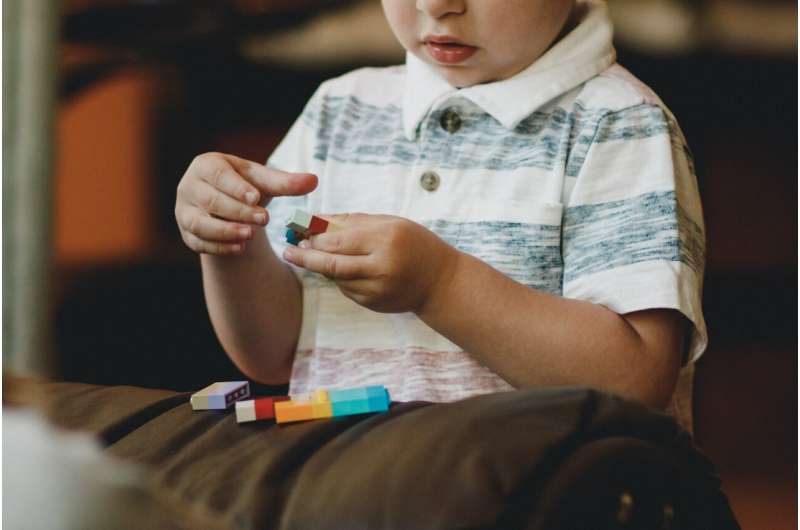Impact of Excessive Screen Time on Early Childhood Learning Skills

Research indicates that excessive screen time may impede language and learning development in young children, emphasizing the importance of hands-on play and social interaction during early years.
Screens are deeply integrated into modern daily life, but emerging research highlights potential negative effects of excessive screen exposure during early childhood. A recent study suggests that spending too much time in front of screens may hinder the development of language and learning skills in young children. This is because children learn most effectively through hands-on experiences—touching, exploring, and interacting with real objects—rather than passive screen viewing.
For instance, grasping a real banana involves experiencing its texture, smell, and appearance from different angles, which helps children form meaningful connections and understanding. Simply observing a picture or animation cannot replace these multisensory interactions, which are vital during the formative years.
Psychologist Sarah Kucker from Southern Methodist University emphasizes that low screen time is advisable during the initial years as these are the critical periods for brain and language development. However, not all digital media are detrimental; some can support learning, especially when used socially. For example, video calls with family members teach children about conversations and social cues, while interactive apps can enhance engagement and learning.
Experts recommend some practical strategies for parents to optimize screen time: asking why they are using screens, ensuring social interaction through videos or games, choosing media that promotes interaction and thinking, and balancing screen use with real-world conversations. Narrating daily activities, like cooking or cleaning, also helps children develop language skills.
In summary, while screens can be beneficial when used thoughtfully, they should not replace real-world play and interaction during the critical early years. Focused, social, and interactive digital media, combined with plenty of real-life experiences, can support healthier development outcomes.
Source: https://medicalxpress.com/news/2025-07-screen-skills.html
Stay Updated with Mia's Feed
Get the latest health & wellness insights delivered straight to your inbox.
Related Articles
Parents React to New Federal Autism Recommendations and Policy Announcements
Parents of children with autism react skeptically to new federal initiatives, warning against health advisories on Tylenol and vaccine policy changes while advocating for increased support and resources.
New Surface Protein Mechanism Identified in Leukemia Cells to Evade Immune System
Lund University researchers have identified a surface protein, SLAMF6, that helps leukemia cells evade immune detection. Blocking this protein may lead to new targeted therapies for resistant AML.
Reevaluating the Role of Fibroblasts in Heart Disease: Potential for New Therapies
New research reveals that fibroblasts may play a more active role in worsening heart conditions like dilated cardiomyopathy, opening new possibilities for targeted therapies. source: https://medicalxpress.com/news/2025-09-cells-viewed-menders-heart.html
Study Shows Wearable Devices Vary in Accuracy for Fitness Metrics
A recent study examines the accuracy of wearable fitness devices like Apple Watch, highlighting their strengths in tracking heart rate and steps but cautioning about energy expenditure errors. Learn how these devices can support your health journey while recognizing their limitations.



